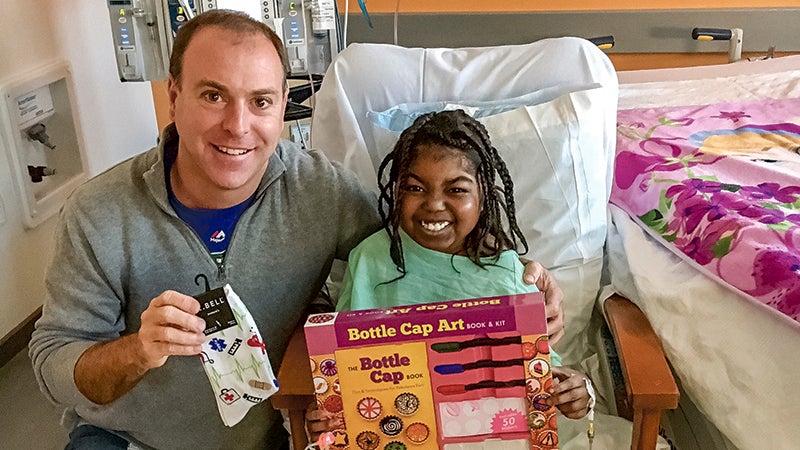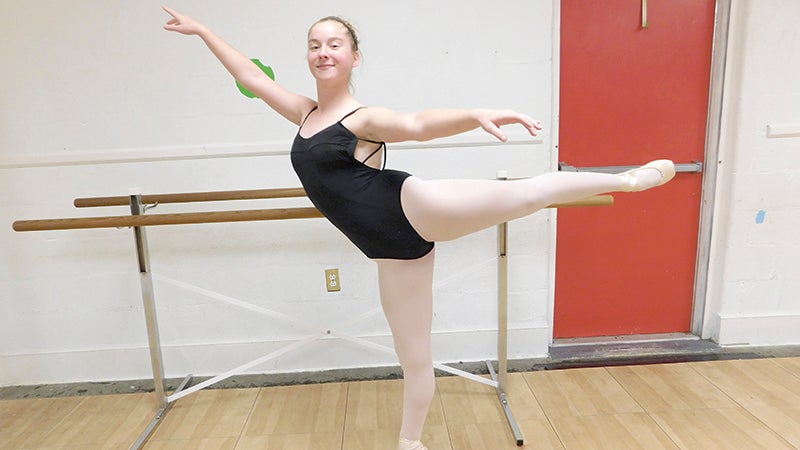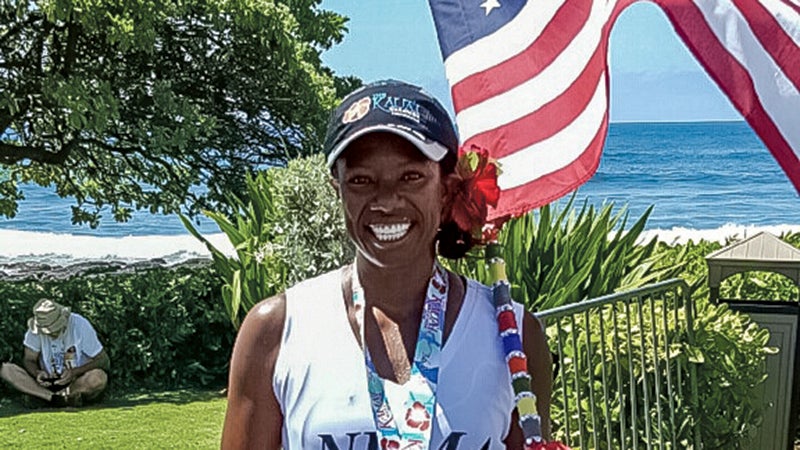Event encourages hope
Published 9:43 pm Monday, April 11, 2016

Beth Smith of Suffolk examines handcrafted earrings made by domestic violence survivors during a Shared Hope International fundraiser on Saturday.
When her husband was stationed with the Navy in Sicily, Shannon Langford witnessed sex trafficking firsthand.
“It was almost routine there,” said Langford, a volunteer “Ambassador of Hope” for Shared Hope International. The organization strives to restore life to victims of sex trafficking, strengthen trafficking legislation and prevent future abuse through education.
In the United States, Shared Hope focuses specifically on minors involved in sex trafficking, Langford said.
While overseas, Langford said she saw women and children — usually young teenagers — come to Sicily expecting to get jobs in the hospitality or agricultural industries. That usually meant they ended up working in fields or being sold for prostitution, she said.

From left, Tiffany Mason, Shannon Langford and Sarah Melvey became volunteers with Shared Hope International after witnessing human trafficking in Sicily.
“It’s just unacceptable,” Langford said. When she returned, she and two other Navy wives she had met in Sicily, Tiffany Mason of Virginia Beach and Sarah Melvey of Williamsburg, began volunteering with Shared Hope to share information on sex trafficking.
On Saturday, the trio hosted Shop for Hope, a fundraiser at Cedar Point Country Club for three nonprofit organizations that empower women.
Besides sharing information about trafficking and Share Hope, the 20 women who attended were treated to cupcakes made by the HER Shelter’s Sweet Haven Bakery, a business operated by residents of a Portsmouth domestic violence shelter. They also had a chance to buy handcrafted jewelry made by domestic violence survivors through Fashion & Compassion, a North Carolina nonprofit organization.
Shared Hope International and Fashion & Compassion made a total of $1,600 on Saturday, Langford said.
“I want to educate people about the domestic use of minors in sex trafficking,” Langford said. “I don’t think people realize this a real and growing problem in the United States, second in money only to drugs.”
Change begins through individuals in communities who become educated on domestic minor sex trafficking; are willing to speak to organizations, schools and youth groups about the issue; and are willing to lobby to make state laws targeting predators more aggressive, Langford said.
The internet has made human trafficking easier than ever before, said Langford.
“It’s made it considerably more challenging (to battle) because it took trafficking off the streets,” Langford said. “It’s made it more discreet and easier for traffickers to lure their victims.”
Traffickers find the majority of victims through social media, their neighborhoods, clubs/bars, the internet and schools, according to Shared Hope. Often, traffickers will entice victims — who are usually between the ages of 14 and 16 — with promises of love, adventure and protection, according to the organization.
Roughly 85 percent of children who became victims in sex trafficking knew their traffickers before, usually because they pretended to be friends or boyfriends, Mason said.
Shared Hope, in an assessment of Virginia’s practices and procedures related to the treatment of minor victims of sex trafficking, found the first responders often lack sufficient training to spot signs of sex trafficking; that existing laws fail to protect 16- and 17-year-old victims exploited for pornography and sexual performances; and that Child Protective Service workers lack specific training on human trafficking laws and are often unaware of appropriate shelter options.





